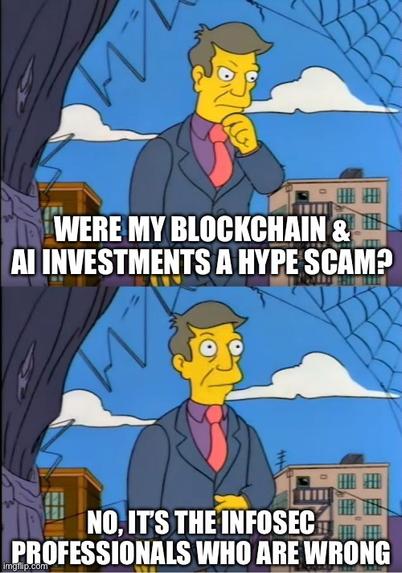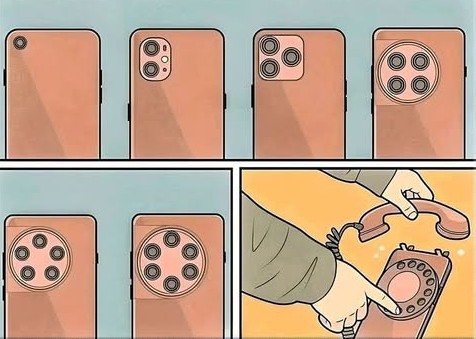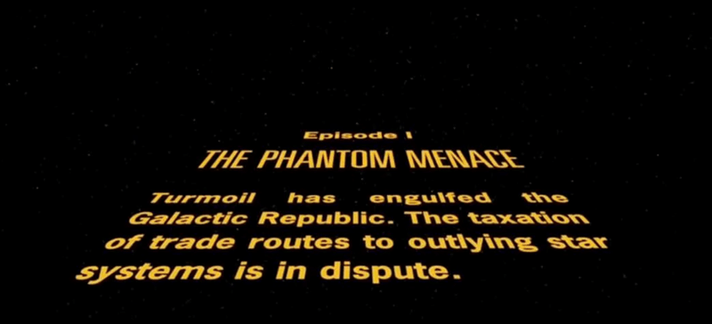Just another Linux hacker
Constantly struggling to hide my affection of hacker subculture and memes behind the veil of corporate professionalism.
Father of 2, master of none.
Interested in #MotorSport, #F1, #VintageCars, #VideoGames, #InfoSec, #OpenHAB, #HomeAutomation, #Linux, #OSS.
Thoughts and opinions are my own.
I am not a bot (that I'm aware of).






